 With the help of NASA's Hubble Space Telescope, researchers made a surprising discovery that goes against what we thought we knew about old galaxies and how they evolve. Our galaxy, the Milky Way, is a disk-shaped spiral galaxy. Typical of this shape...
With the help of NASA's Hubble Space Telescope, researchers made a surprising discovery that goes against what we thought we knew about old galaxies and how they evolve. Our galaxy, the Milky Way, is a disk-shaped spiral galaxy. Typical of this shape...
Current theories might be wrong about how a galaxy evolves
 With the help of NASA's Hubble Space Telescope, researchers made a surprising discovery that goes against what we thought we knew about old galaxies and how they evolve. Our galaxy, the Milky Way, is a disk-shaped spiral galaxy. Typical of this shape...
With the help of NASA's Hubble Space Telescope, researchers made a surprising discovery that goes against what we thought we knew about old galaxies and how they evolve. Our galaxy, the Milky Way, is a disk-shaped spiral galaxy. Typical of this shape...
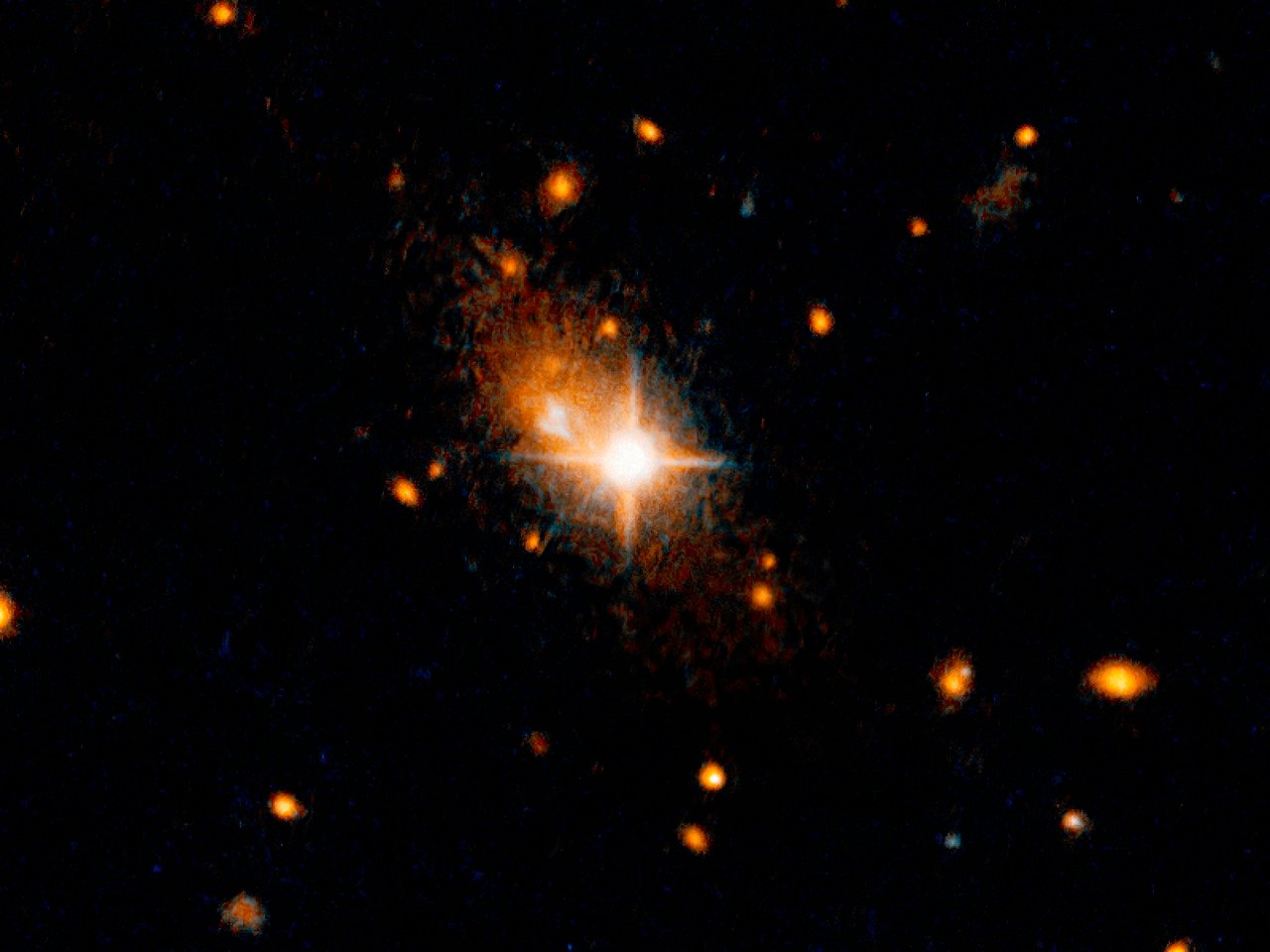 Astronomers using NASA's Hubble Space Telescope have observed a supermassive black hole with a mass one million times that of our Sun hurtling away from its parent galaxy. It's the first confirmed case out of several suspected "runaway black holes,"...
Astronomers using NASA's Hubble Space Telescope have observed a supermassive black hole with a mass one million times that of our Sun hurtling away from its parent galaxy. It's the first confirmed case out of several suspected "runaway black holes,"...
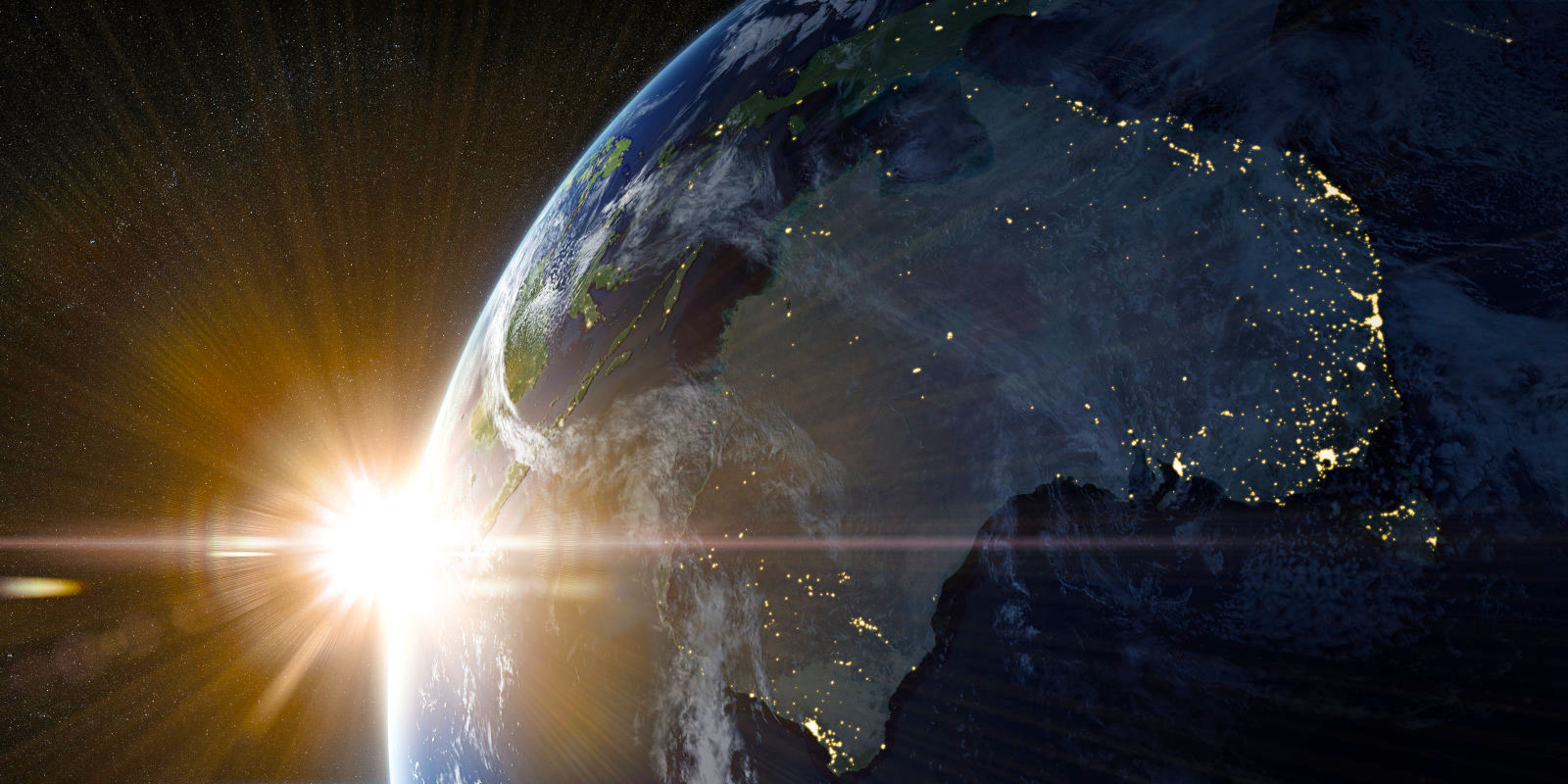 As NASA astronomers peer further and further into space, they require ever larger and more powerful telescopes to do so. That's why one team of researchers from the Jet Propulsion Lab have proposed using the biggest object in our solar system, the Su...
As NASA astronomers peer further and further into space, they require ever larger and more powerful telescopes to do so. That's why one team of researchers from the Jet Propulsion Lab have proposed using the biggest object in our solar system, the Su...
 The observable universe was already incomprehensibly big, but it now looks to be even bigger. Astronomers have determined that are likely about 10 times more galaxies than previously thought, or between 1 trillion to 2 trillion. We just don't have th...
The observable universe was already incomprehensibly big, but it now looks to be even bigger. Astronomers have determined that are likely about 10 times more galaxies than previously thought, or between 1 trillion to 2 trillion. We just don't have th...
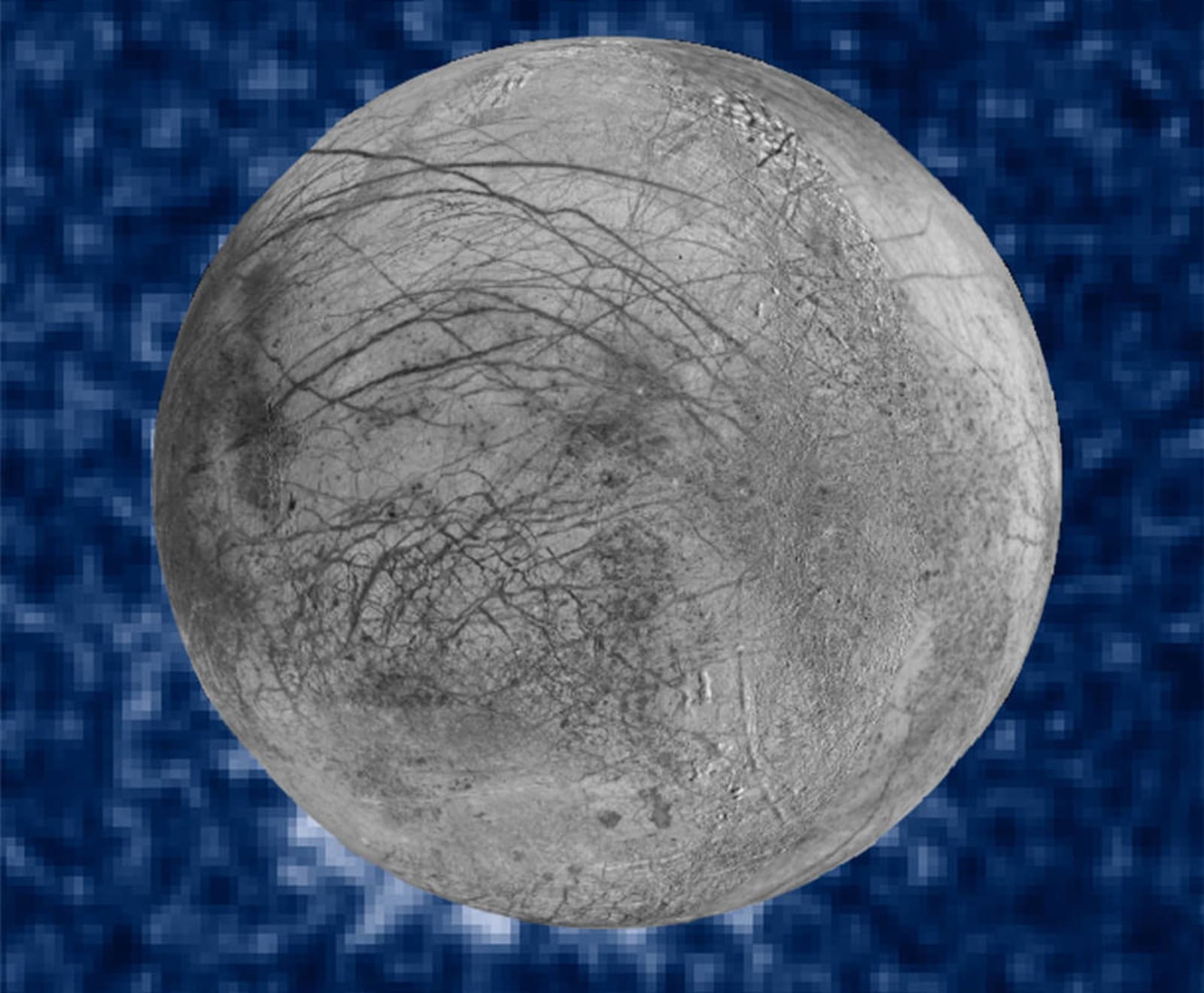 Hubble's extended mission continues to pay off: NASA announced today that a team of astronomers using the space telescope have spotted what appear to be plumes of high-altitude water vapor spewing from the icy surface of Jupiter's moon Europa. Resear...
Hubble's extended mission continues to pay off: NASA announced today that a team of astronomers using the space telescope have spotted what appear to be plumes of high-altitude water vapor spewing from the icy surface of Jupiter's moon Europa. Resear...
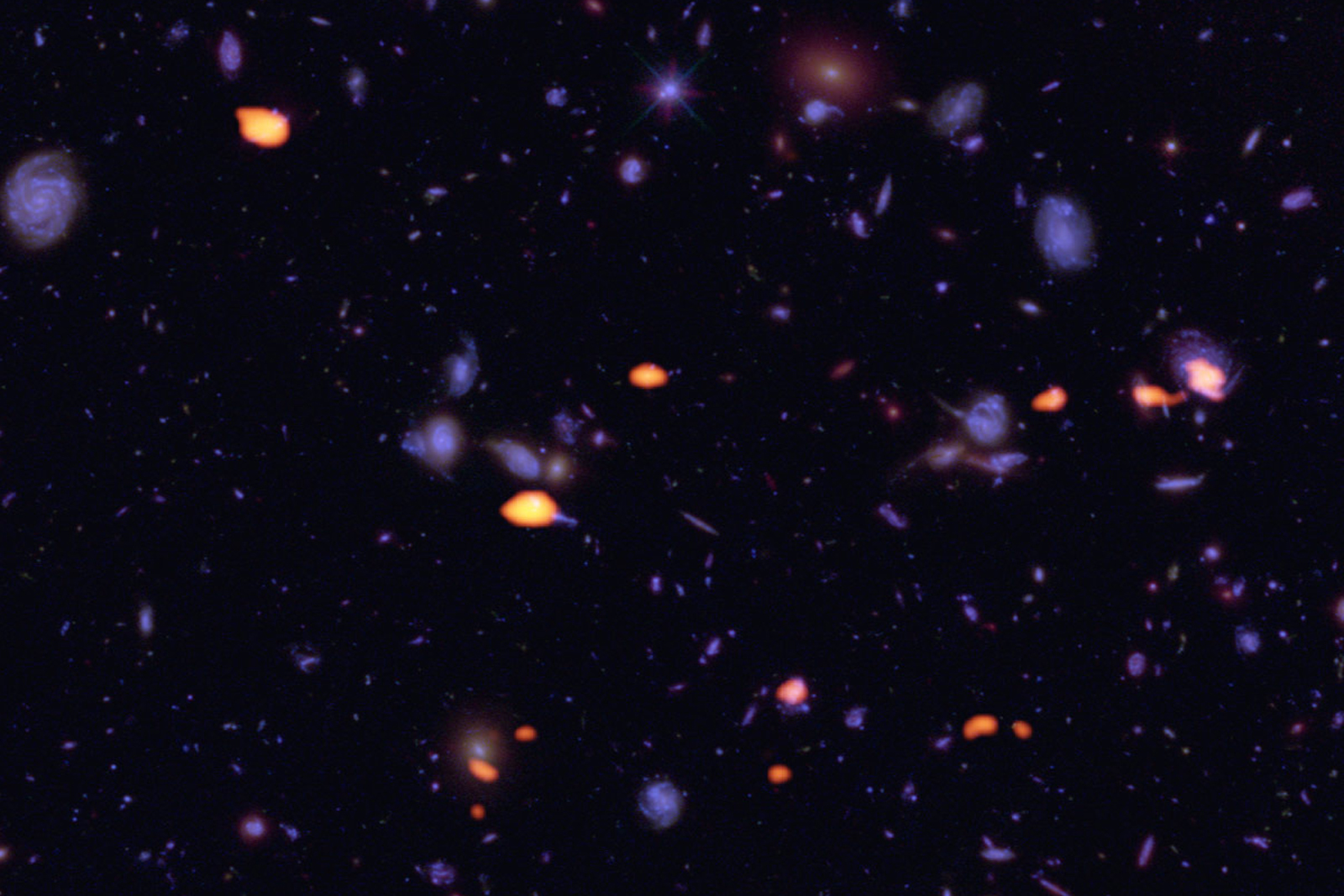 The Hubble Space Telescope still isn't done giving up secrets of the early universe. Researchers using the Atacama Large Millimeter/submillimeter Array (ALMA) have discovered that a patch of 10 billion-year-old galaxies in Hubble's Ultra Deep Field...
The Hubble Space Telescope still isn't done giving up secrets of the early universe. Researchers using the Atacama Large Millimeter/submillimeter Array (ALMA) have discovered that a patch of 10 billion-year-old galaxies in Hubble's Ultra Deep Field...
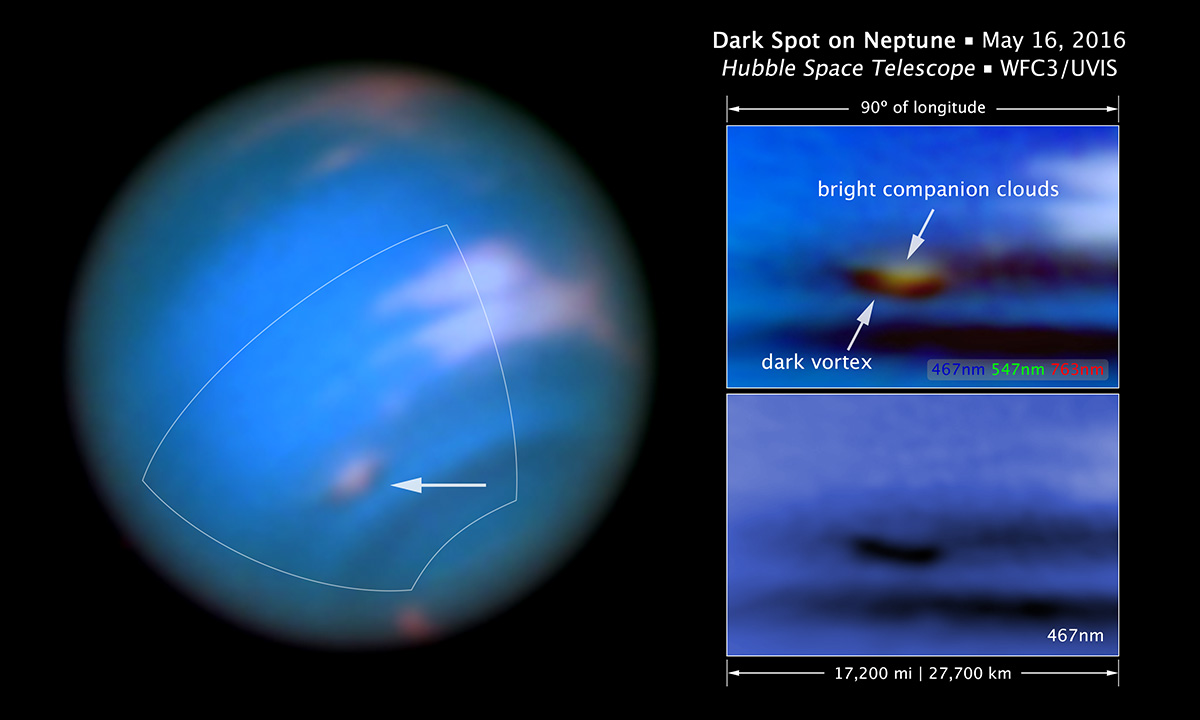 Researchers gazing through NASA's hardworking, time-bending Hubble space telescope spotted a new storm brewing on Neptune last month. As the space agency confirmed today, research astronomers analyzing telescope data at the University of California a...
Researchers gazing through NASA's hardworking, time-bending Hubble space telescope spotted a new storm brewing on Neptune last month. As the space agency confirmed today, research astronomers analyzing telescope data at the University of California a...
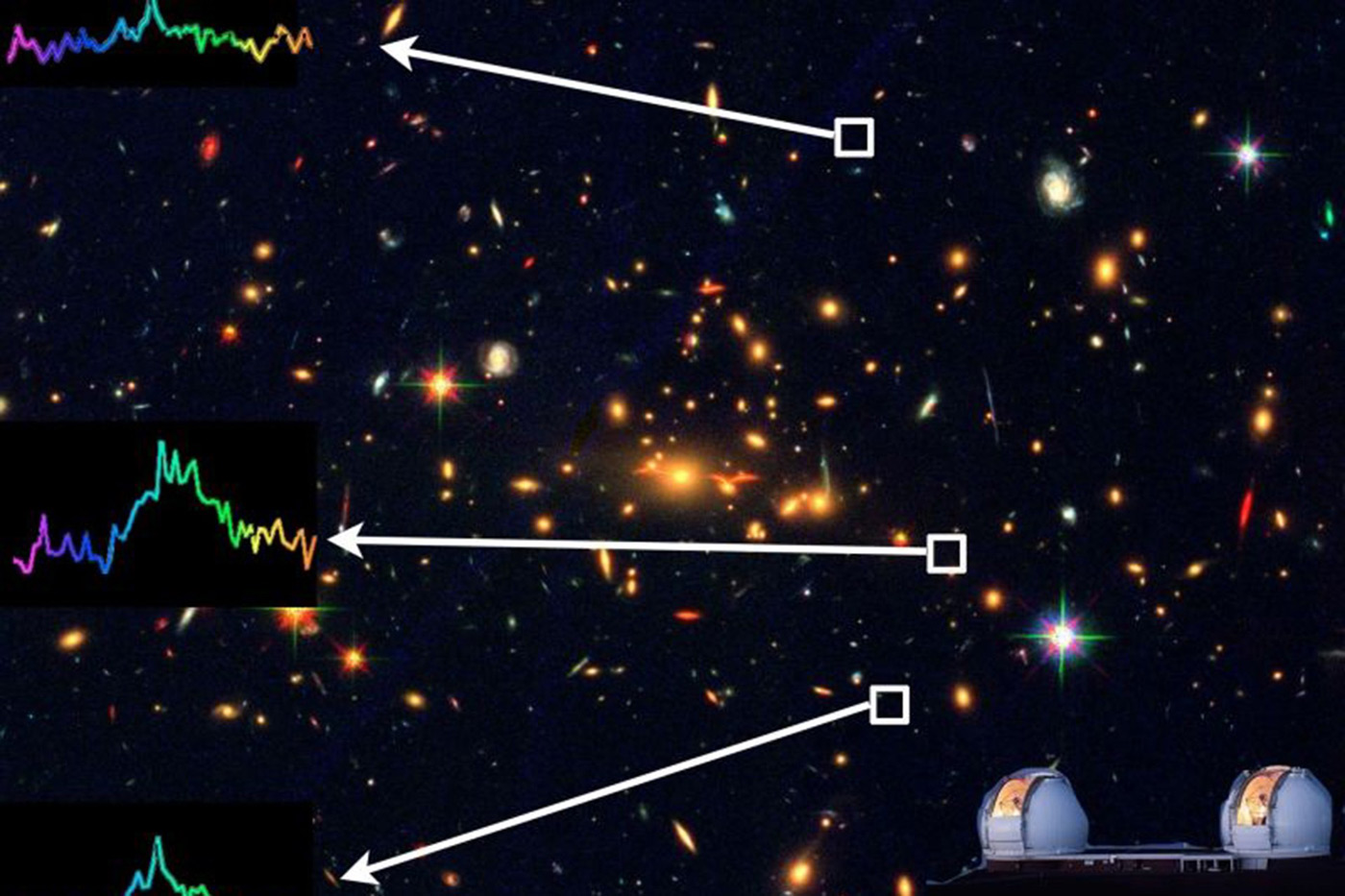 Scientists have only just started finding extremely faint galaxies. However, they've already topped themselves by discovering the faintest known galaxy to date... and it might just provide insight into the universe's early days. Found through gravita...
Scientists have only just started finding extremely faint galaxies. However, they've already topped themselves by discovering the faintest known galaxy to date... and it might just provide insight into the universe's early days. Found through gravita...
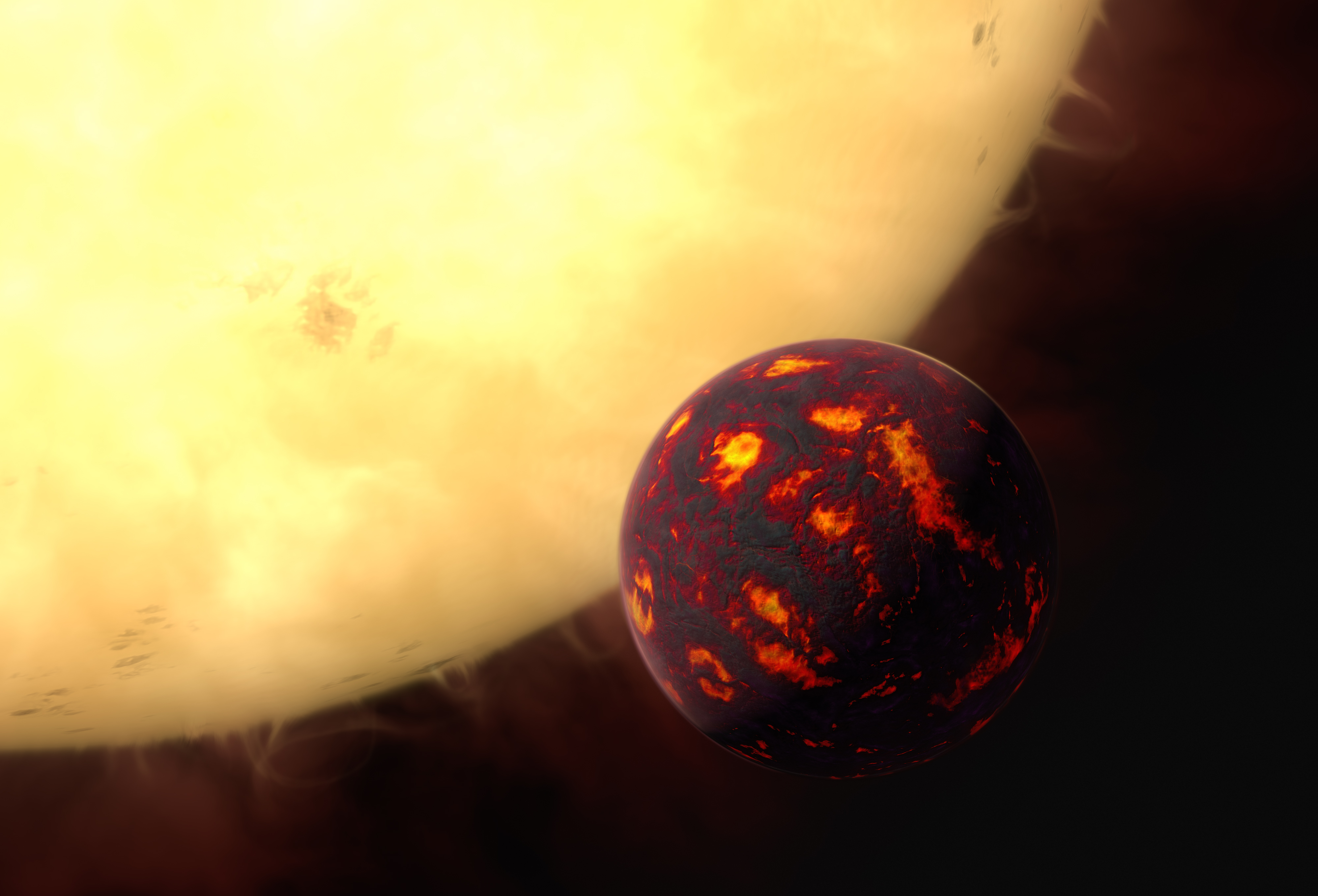 Astronomers at NASA, working with the ESA and the University College London, announced Tuesday that they have discovered a "super-Earth" exoplanet with an atmosphere for the first time. The Hubble telescope's Wide Field Camera 3 (WFC3) first spotted...
Astronomers at NASA, working with the ESA and the University College London, announced Tuesday that they have discovered a "super-Earth" exoplanet with an atmosphere for the first time. The Hubble telescope's Wide Field Camera 3 (WFC3) first spotted...